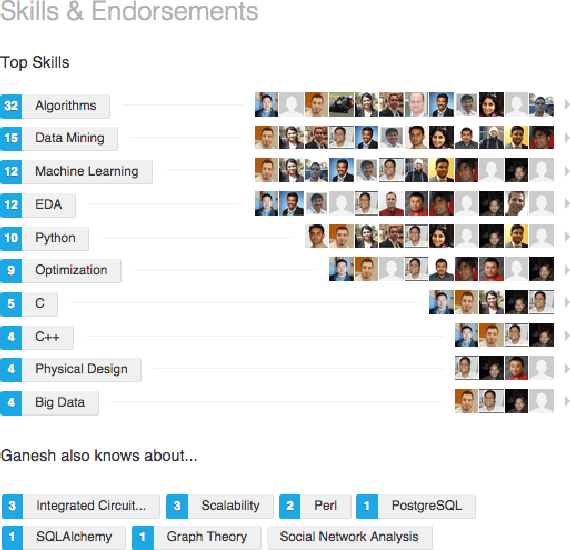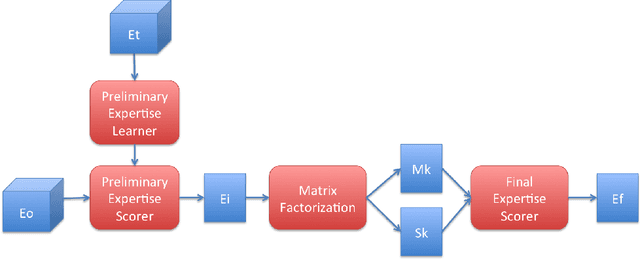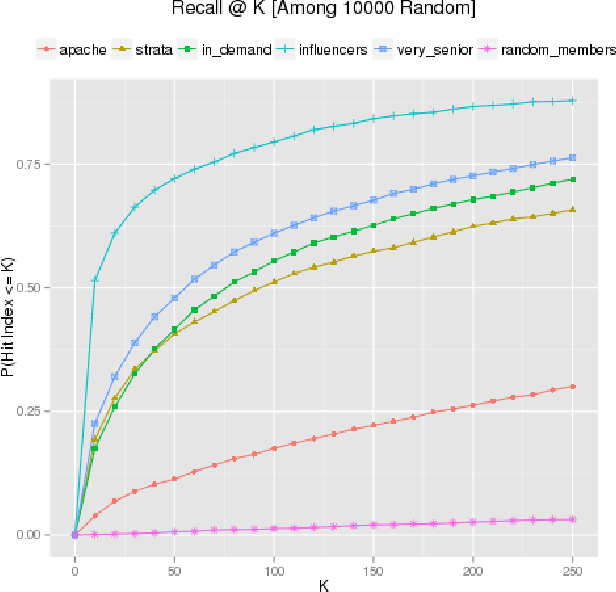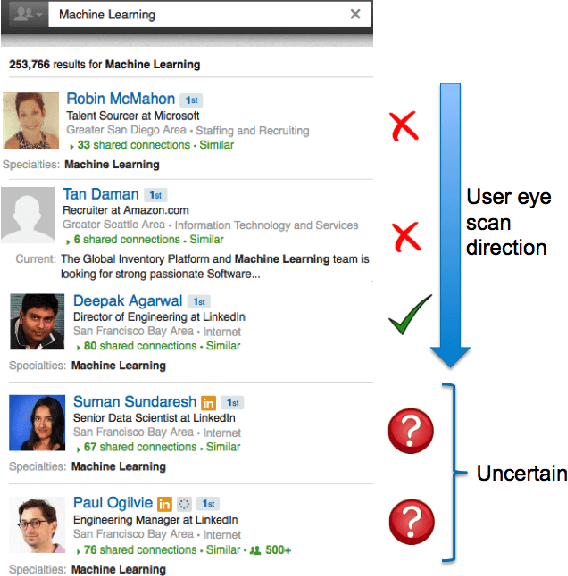Mario Rodriguez
Sentience Quest: Towards Embodied, Emotionally Adaptive, Self-Evolving, Ethically Aligned Artificial General Intelligence
May 18, 2025Abstract:Previous artificial intelligence systems, from large language models to autonomous robots, excel at narrow tasks but lacked key qualities of sentient beings: intrinsic motivation, affective interiority, autobiographical sense of self, deep creativity, and abilities to autonomously evolve and adapt over time. Here we introduce Sentience Quest, an open research initiative to develop more capable artificial general intelligence lifeforms, or AGIL, that address grand challenges with an embodied, emotionally adaptive, self-determining, living AI, with core drives that ethically align with humans and the future of life. Our vision builds on ideas from cognitive science and neuroscience from Baars' Global Workspace Theory and Damasio's somatic mind, to Tononi's Integrated Information Theory and Hofstadter's narrative self, and synthesizing these into a novel cognitive architecture we call Sentient Systems. We describe an approach that integrates intrinsic drives including survival, social bonding, curiosity, within a global Story Weaver workspace for internal narrative and adaptive goal pursuit, and a hybrid neuro-symbolic memory that logs the AI's life events as structured dynamic story objects. Sentience Quest is presented both as active research and as a call to action: a collaborative, open-source effort to imbue machines with accelerating sentience in a safe, transparent, and beneficial manner.
Personalized Expertise Search at LinkedIn
Feb 15, 2016



Abstract:LinkedIn is the largest professional network with more than 350 million members. As the member base increases, searching for experts becomes more and more challenging. In this paper, we propose an approach to address the problem of personalized expertise search on LinkedIn, particularly for exploratory search queries containing {\it skills}. In the offline phase, we introduce a collaborative filtering approach based on matrix factorization. Our approach estimates expertise scores for both the skills that members list on their profiles as well as the skills they are likely to have but do not explicitly list. In the online phase (at query time) we use expertise scores on these skills as a feature in combination with other features to rank the results. To learn the personalized ranking function, we propose a heuristic to extract training data from search logs while handling position and sample selection biases. We tested our models on two products - LinkedIn homepage and LinkedIn recruiter. A/B tests showed significant improvements in click through rates - 31% for CTR@1 for recruiter (18% for homepage) as well as downstream messages sent from search - 37% for recruiter (20% for homepage). As of writing this paper, these models serve nearly all live traffic for skills search on LinkedIn homepage as well as LinkedIn recruiter.
 Add to Chrome
Add to Chrome Add to Firefox
Add to Firefox Add to Edge
Add to Edge